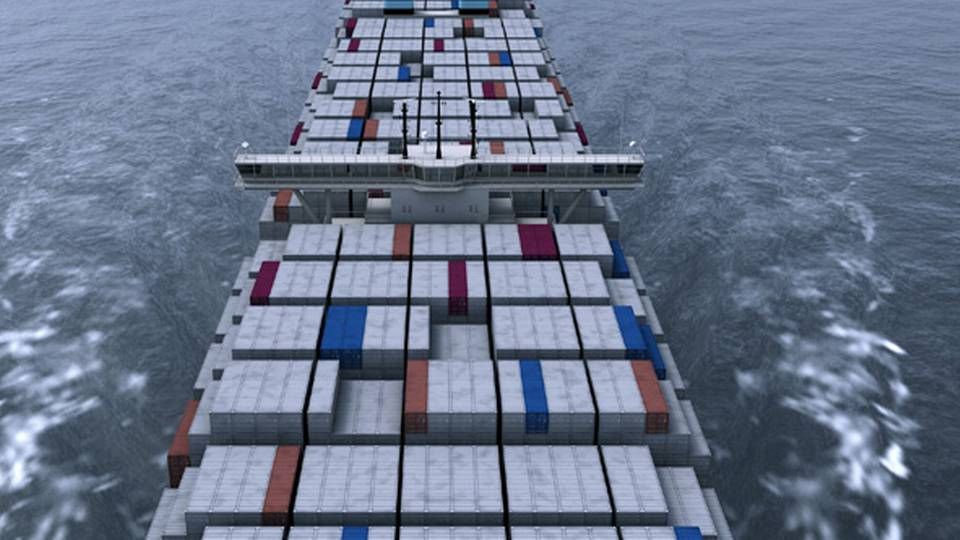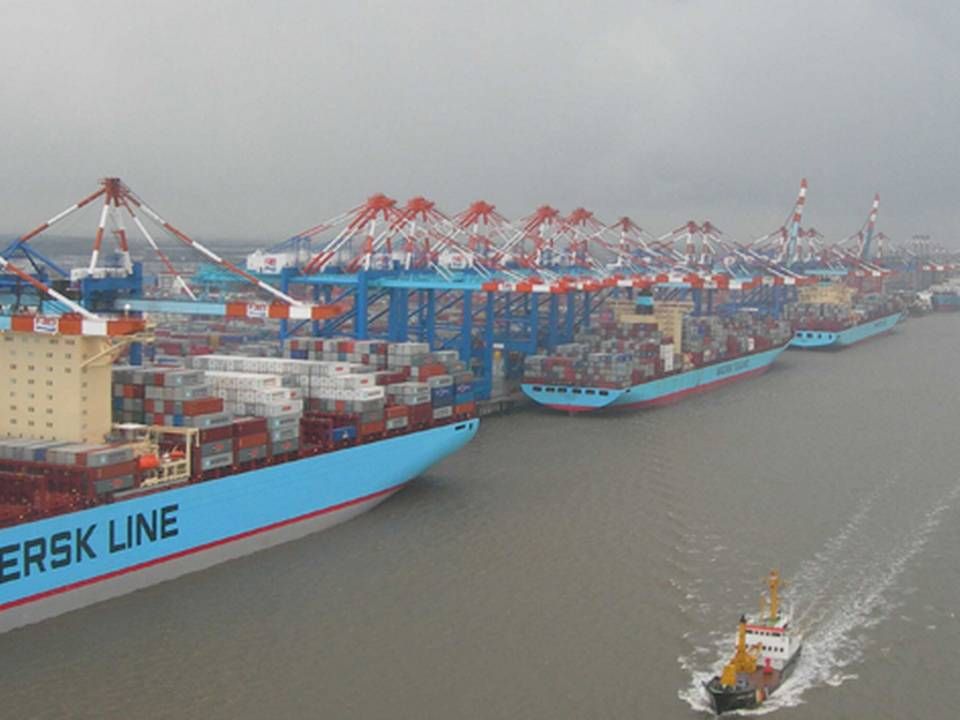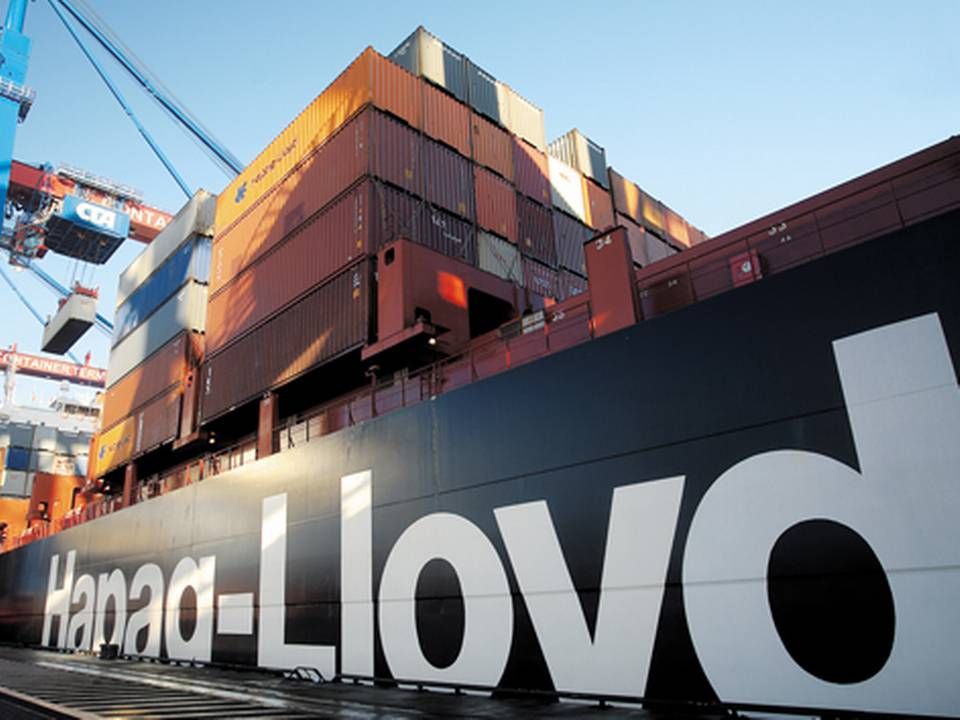Analyst firms examine cartel ban

Did the EU’s ban on cartelization within the shipping industry have the intended effect? The analyst firms SeaIntel and Alphaliner have tried to answer the question from two different angles.
One of the analyses shows that the outlined expectation of the EU’s preliminary work on the ban did not prove accurate, while the other analysis suggests that the cartelization proponents’ expectations did not prove to be entirely accurate either, since the ban on cartelization was introduced in 2008.
Price wars without exits
In its analysis, Alphaliner examines the arguments of the proponents of cartels or liner conferences, which they are also known as. According to their proponents, conferences are needed to prevent destructive competition through marginal cost pricing and allow carriers to make the necessary long term investments in vessels, infrastructure, equipment and technology.
Intense competition will create an unsustainable market which will discourage carriers from making investments. At the same time, it will also cause shipowners to exit the market, which would prove damaging to shippers in the long run:
“The evidence since 2008 has affirmed one part of the argument - carriers have indeed engaged in destructive rate wars based on marginal cost pricing that do not cover their fixed costs. While it cannot be proven that rates would have been higher under conference auspices, rate volatility has been markedly higher in the post-conference era,” writes Alphaliner.
However, analysts emphasize that the second part of the argument has not become a reality. When it comes to investments, shipowners have not flinched and only few companies have exited the industry. This prompts Alphaliner to wonder whether the ban has had the intended effect.
“Excessive competition and overcapacity will prolong the current volatile rate environment. Do shippers benefit from such an environment?”
Faulty expectations
Until 2008, European container carriers were exempt from the normal competition rules of the union. Back in 2003, the EU decided to review the rules which resulted in an impact assessment in 2005 which recommended that the shipowners’ exemption be abolished.
The following year, the recommendation was adopted by the EU’s Competition Council and took effect in October 2008. During the last year, rumors have been circulating that the ban may be lifted again.
In order to gain insight into the EU’s expectations to the ban on cartelization, SeaIntel examined the documents that led to the decision in 2006. SeaIntel compared the previous expectations with a report from the American Federal Maritime Commission (FMC) from December 2012 which analyzes the effects of the conference ban.
The analyst firm notes that the American report has an advantage, seeing as it has been able to compare the development on routes on which cartelization is permitted with routes on which this is not the case. And the discrepancies between the EU’s expectations for the ban and the FMC’s report are significant, writes SeaIntel.
This includes the EU’s expectation that the ban would lead to a moderate drop in freight rates. While there has been a drop in freight rates since 2008, the FMC report argues that the ban did not cause the decrease. The drop is to a greater extent driven by the global recession and a low fleet utilization, FMC estimates.
“That finding may, in itself, raise questions about whether the value to carriers of the previous block exemption, or the alleged harm to shippers of the carriers activities conducted under the exemption, may have been less substantial than previously believed.”
The same goes for the expectation that the ban on conferences would lead to a drop in rate surcharges. The FMC report show that the opposite development has taken place and that higher Terminal Handling Charges have replaced regular route surcharges, which on average results in a higher surcharge for the shippers.
Major discrepancies
In the proposal for the abolishment of conferences, the EU authorities wrote that rates in the long run would become less volatile in a more competitive system. The expectation has not become a reality which is evident when the developments on routes with differing rules are compared. On Asia-Europe, the ban is active, while conferences continue to be legal on Asia-USA.
“The impact of the repeal on rate stability appears to have been an increase in volatility,” writes FMC.
FMC estimates that the existence of conferences, also known as discussion agreements, reduces rate volatility – not through the total price proposal as general rate increases, but because shipowners can share information and discuss market conditions.
”The original impact assessment is a substantial document, as is the FMC study from 2012, and we cannot in this article pursue all details. It is, however, clear that we see major discrepancies between the impact assessment made by the EU underpinning the conference abolition, and the subsequent analysis of the actual impact made by the FMC,” writes SeaIntel.
EU looks to break from anti-cartel rules
EU’s competition case against container lines now two years old
Related articles
EU looks to break from anti-cartel rules
For subscribers




















